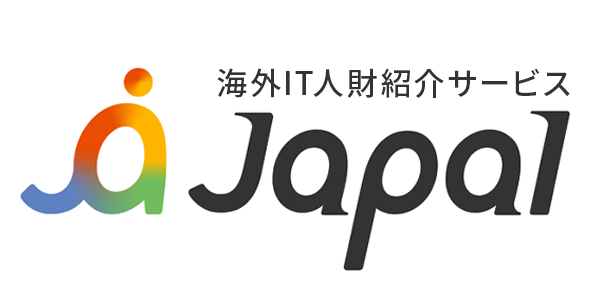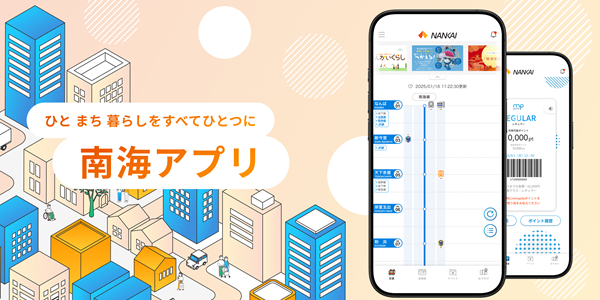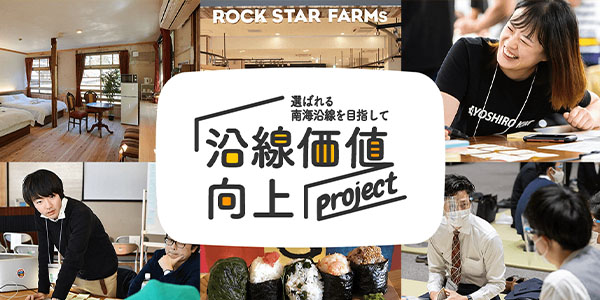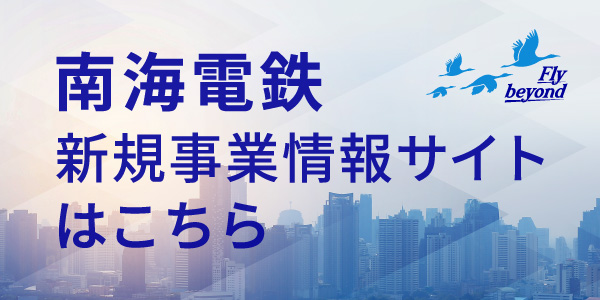Spreading common values across the group and improving skills
Basic Concept
We are working to develop human resources with the aim of instilling the values that form the foundation for promoting business strategies and working on "innovation in the Nankai style" in all businesses and operations, and improving the skills required.
Inner branding activities
Our group is conducting a variety of internal branding activities to ensure that our employees feel a sense of empathy and attachment to Nankai brand and can engage in their respective business activities with pride and confidence.
As an example, we strive to share values aimed at improving our brand through a variety of educational opportunities, such as brand training for new employees, video learning materials, and lectures on CS and branding aimed at everyone from general employees to management in the Group.
In addition to learning, we also conduct participatory "relaxing and exciting activities" for Nankai employees in order to create an organizational culture in which employees themselves feel that the company and workplace are "something good."
These "Nagomi Tokimeki Activities" include unique initiatives such as "Tsunagarhythm," which encourages active communication through posters and videos featuring employees, and "Nanaka Ii ne Cards," which aim to foster a culture of finding and praising each other's good points.
Initiatives to improve common skills
Our group defines skills that all employees should acquire as "basic skills," and skills that we hope to increase the number of people possessing in order to promote future business strategies as "advanced skills."
As a measure to improve "basic skills," we support the acquisition of the basic skills required for each role by implementing group training and e-learning by level or theme, as well as dispatching employees to business schools. Meanwhile, among "advanced skills," we have positioned "business creation skills" and "data utilization and digital skills" collectively as "innovation skills."
To understand the current state of each employee in terms of these skills, we conduct a "DX Assessment," and based on the results, we provide learning opportunities such as e-learning, seminars, and workshops tailored to each individual's level. As a performance indicator, we are making continuous efforts to achieve the goal of having 30% or more of our employees reach the target level.
In addition, to develop specialized human resources, we have established skill standards for each field and clarified the required ability requirements and recommended qualifications. Through these efforts, we are promoting the improvement of the skills required within the Group.
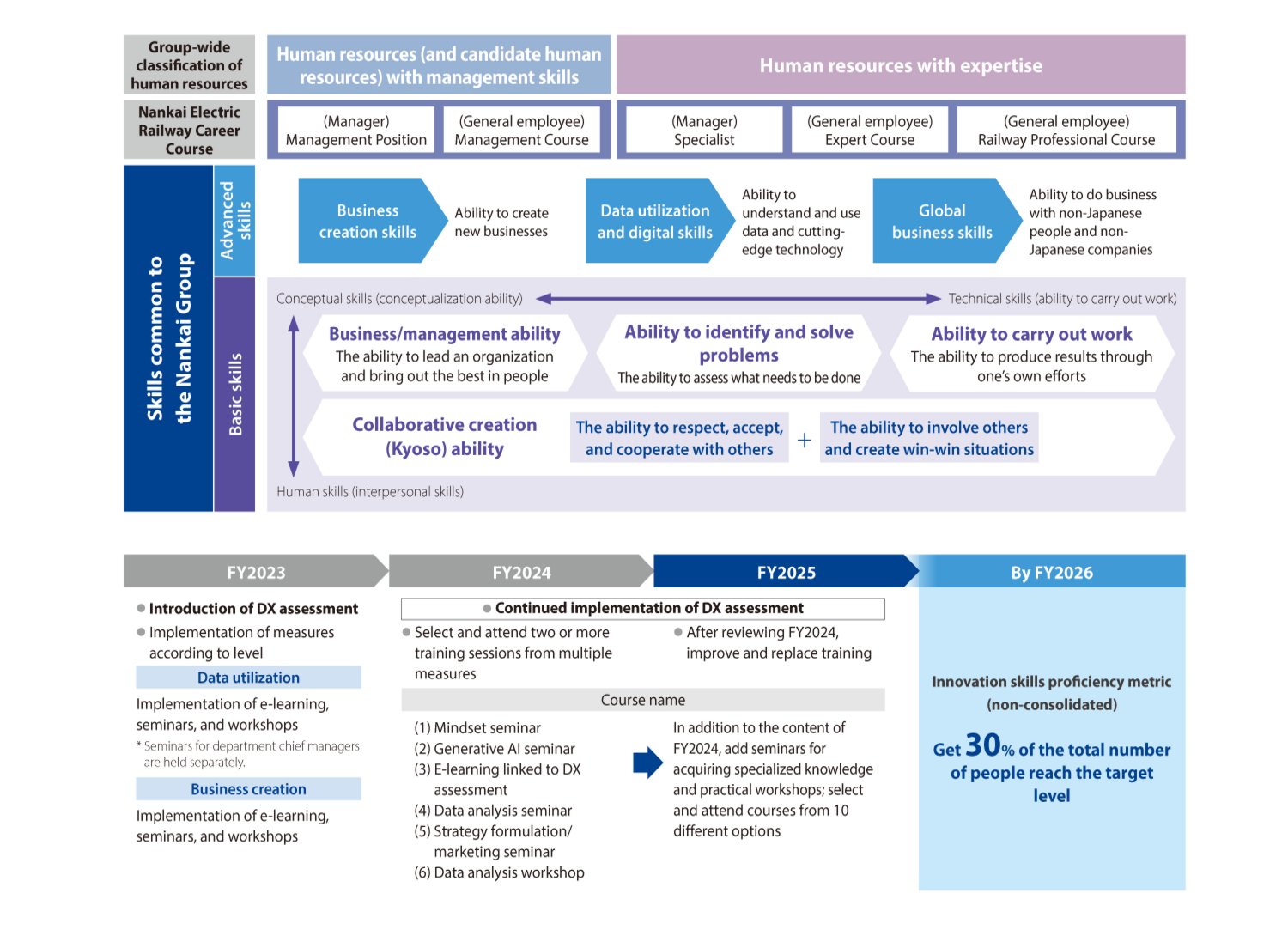
Conducting training and awareness-raising activities based on educational priorities
Currently, our company has set "Creating an organization and people who can create the future" as a key goal of our "Human Resources and Organizational Culture Development Plan," and we are implementing a variety of training and self-development support systems based on the themes of "Developing diverse skills to put innovation activities into practice," "Creating a lively and healthy working environment," and "Ensuring business sustainability."
We are working to improve the capabilities of our employees through two measures: one is to "raise the overall level" by ensuring that employees acquire the knowledge and skills necessary for their roles and job types, such as level-specific training, and the other is to "raise" those who wish to do so or who are selected, such as by supporting them in obtaining qualifications and sending them to external business schools.The total number of training hours in fiscal 2024 was 21,293 hours, and the training hours per person was 7.8 hours (off-the-job training hosted or co-hosted by the Human Resources Department only).
Training system diagram (only includes OFF-JT training organized by the Human Resources Department and its affiliates)
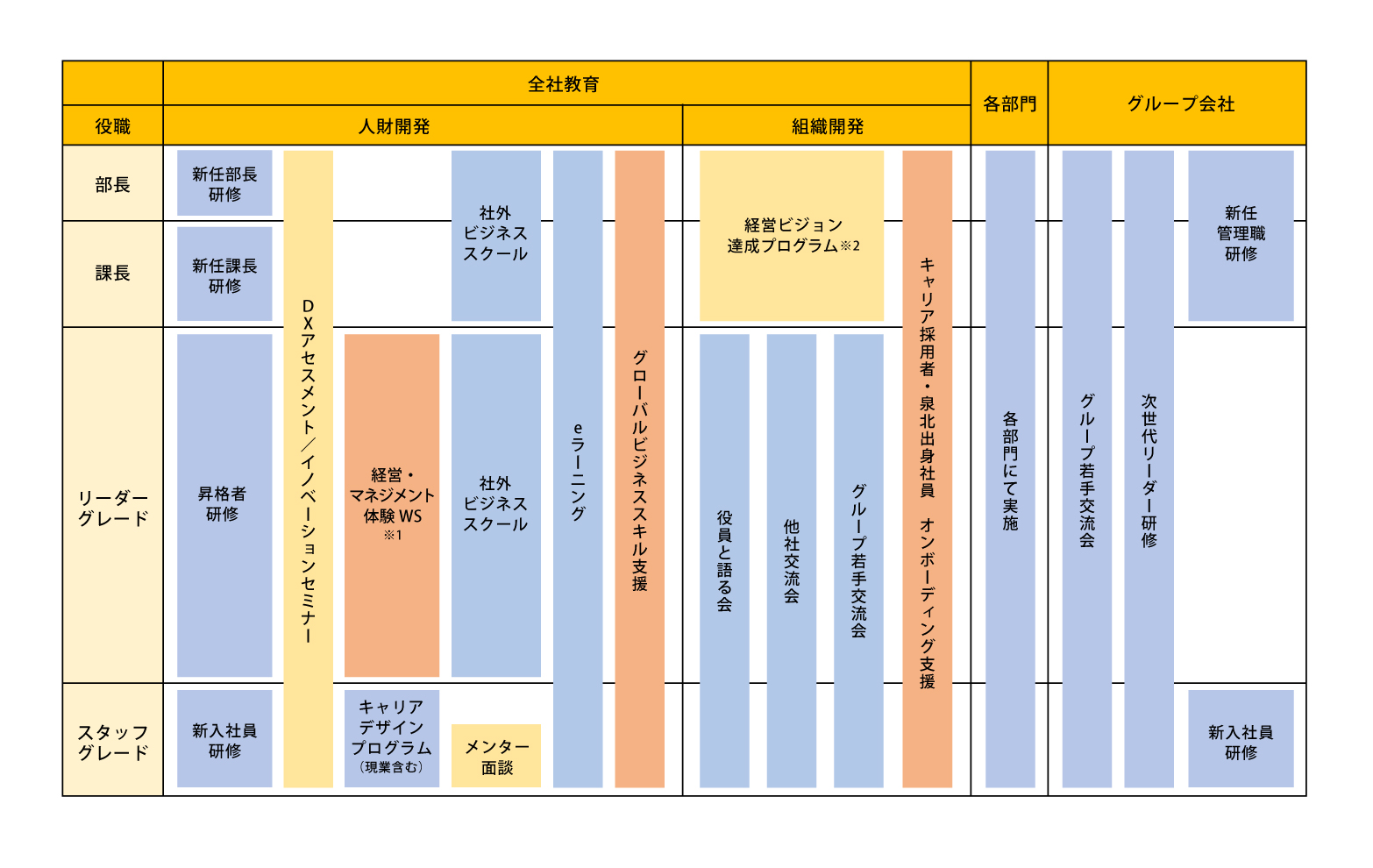
1 Only applicable to some grades
2. A program to reform the workplace culture so that managers can respond flexibly to change and produce results in order to achieve the management vision.
Self-development support system
・Qualification acquisition assistance system ・Incentive system ・Recommended schools and books ・Correspondence course assistance system ・External seminar assistance system


